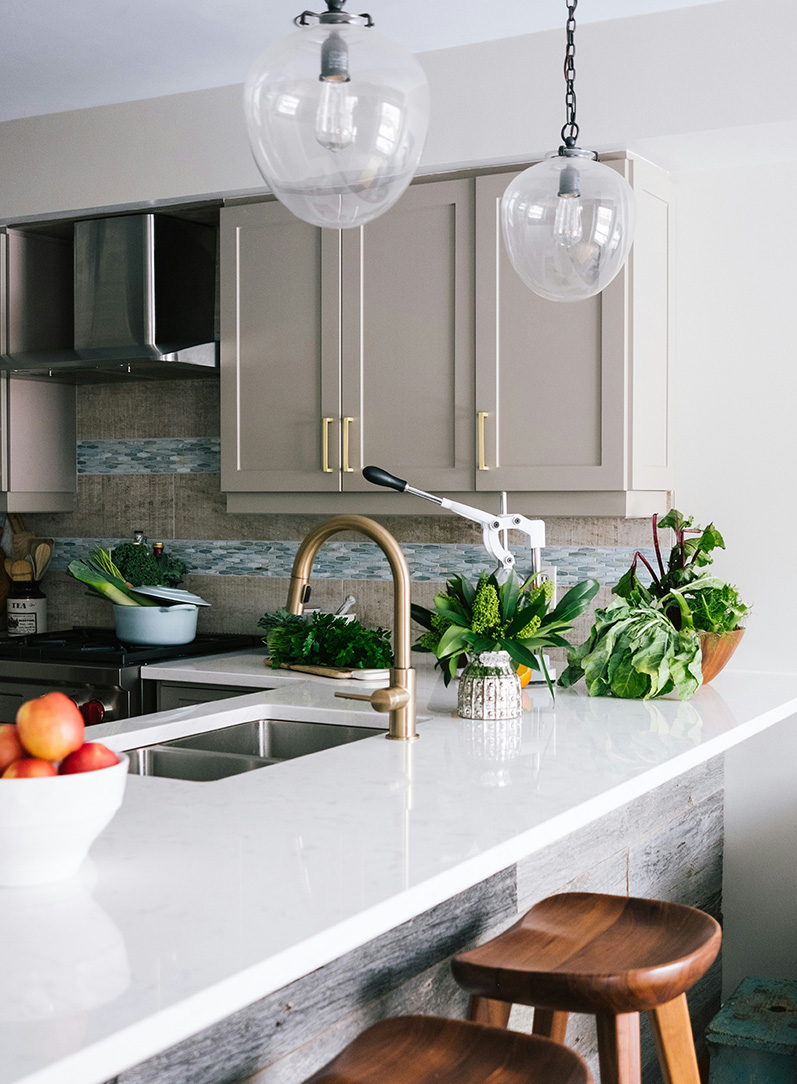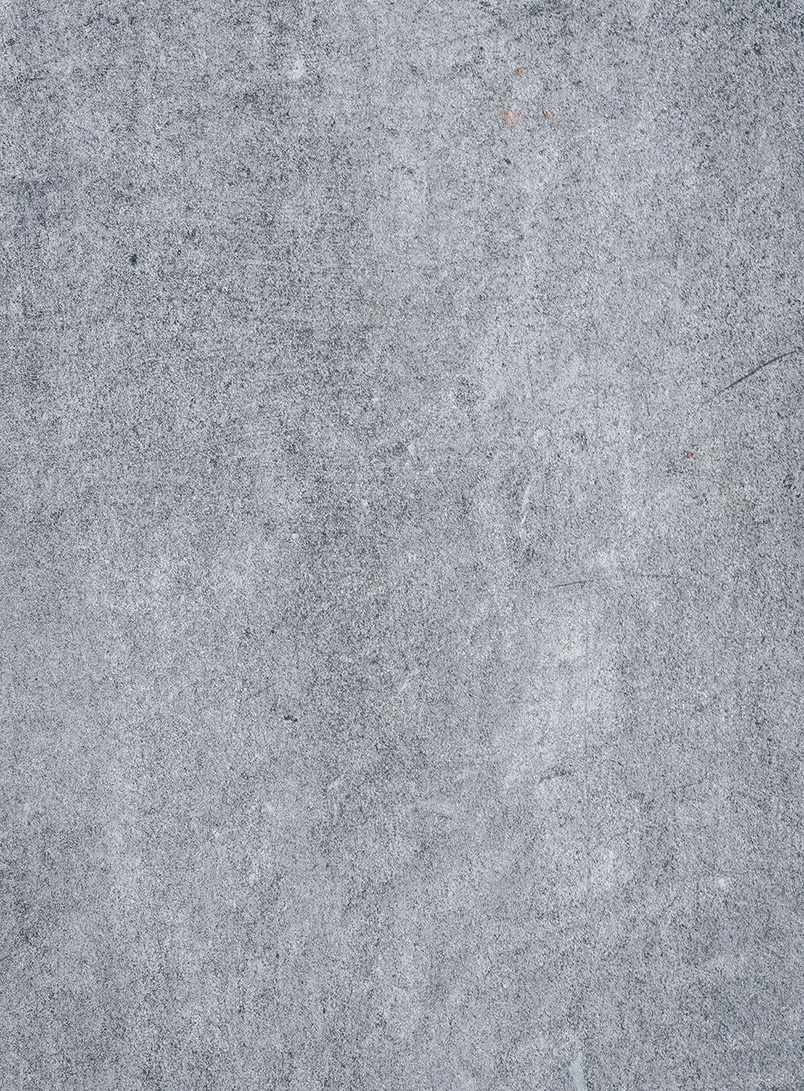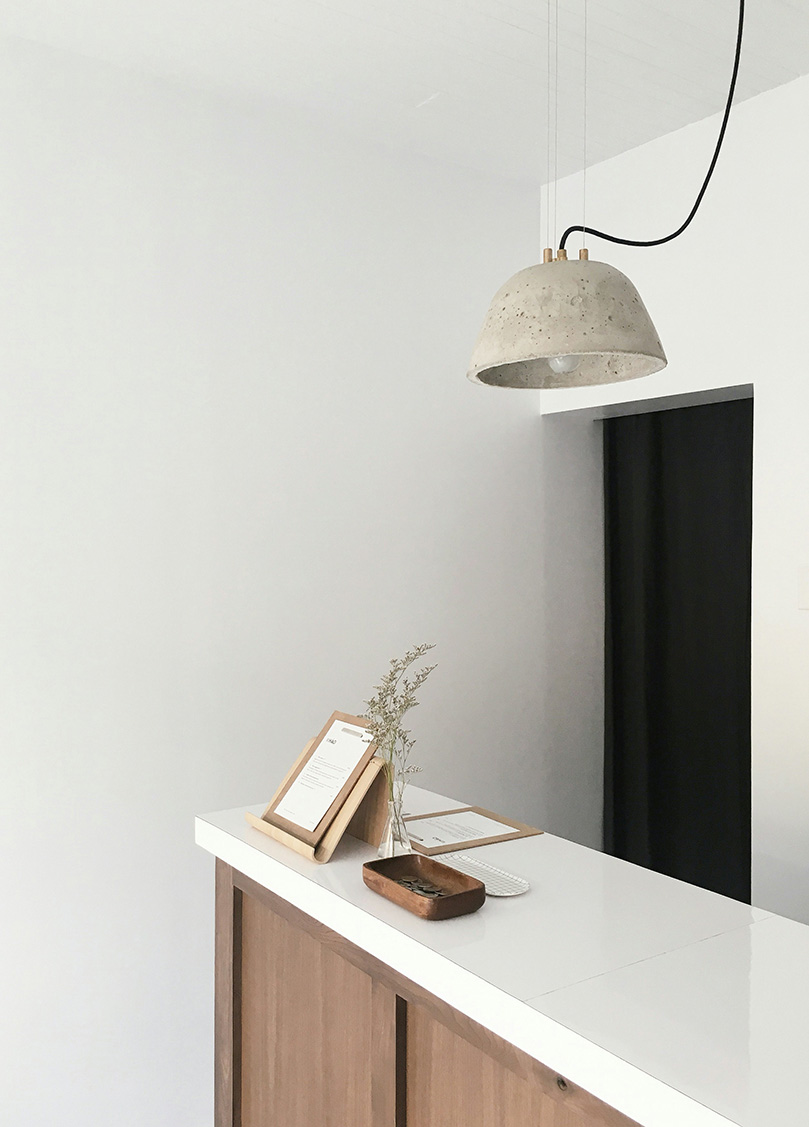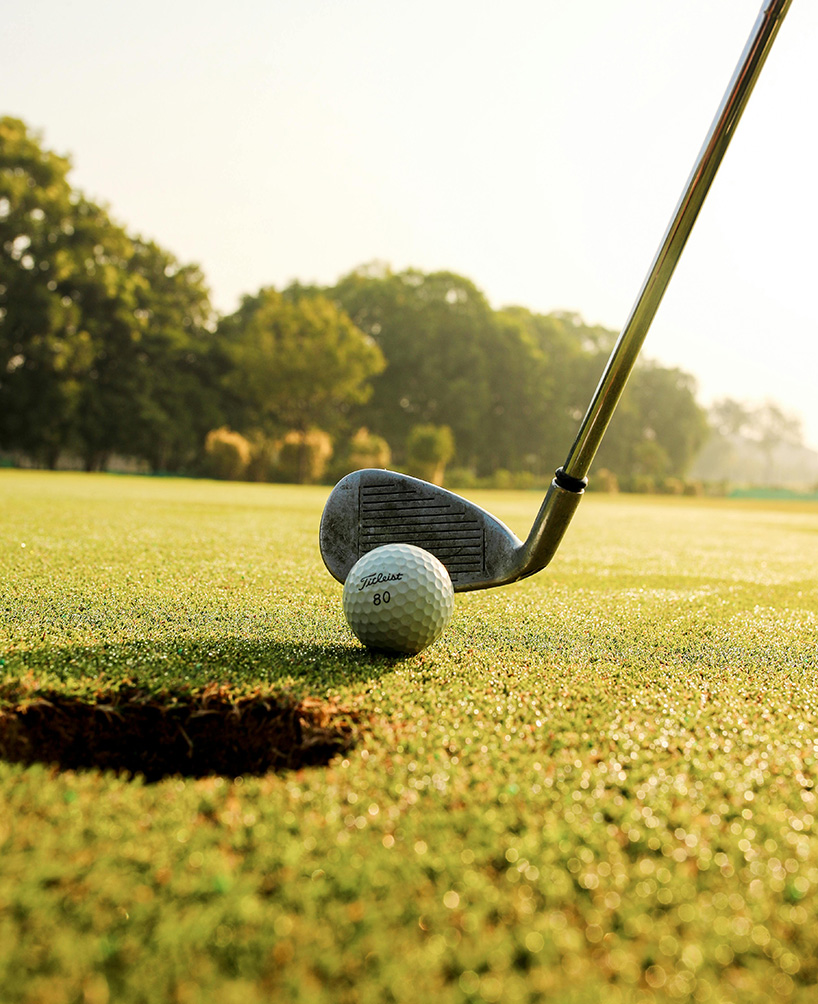quartz
1.What is engineered quartz?
Quartz is a man-made product that is created using natural materials. It is composed of 90% ground quartz and 10% resins and pigments. When combined, they form a hard and durable surface. This hardness, among other properties, is what makes quartz unique among other countertop materials.
2.how is engineered quartz made?
The quartz is crushed and then combined with different elements such as polyester resins and pigments. After the mix, this combination will be compacted into slabs. The last step is sealing and applying the finish to the slab. Thanks to this process and the materials used, quartz looks like a natural stone.
3.Does engineered quartz need to be sealed?
Quartz counters do not need sealing due to their lack of porosity. Liquids and stains cannot penetrate non-porous materials because they have a built-in seal. Natural stone countertops, such as polished marbles or granite, have pores and small splinters that require sealing on a regular basis.
4.How long does quartz stone last?
Quartz countertops have the potential to last 20 to 60 years, and sometimes longer, thanks to their durable composition, which includes quartz, polymer, and resin. Quartz has a rating of 7.0 (out of 10) on the Mohs scale of mineral hardness.
5.Up to what temperature can quartz countertops withstand?
While quartz is resistant to heat, it can only withstand temperatures of up to 150 degrees. Once the temperature gets higher than that threshold, it could damage your quartz. That’s because the resin can burn and cause permanent damage to your surface. To help reduce the risk of burn marks, make sure to always use a metal trivet or hot pad underneath any hot pots, pans, or small appliances and never place them directly onto your quartz.

Sintered Stone
1.What Is Sintered Stone?
Sintered stone is a synthetic surfacing material made entirely of minerals and formed by heat. Unlike engineered stone countertops or quartz countertops, which use resins as binders, sintered stone contains no binders. The materials are heated to such a high temperature and pressed that the minerals fuse, essentially becoming their own binder.
2.How is Sintered Stone made?
Primarily manufactured in Italy, Spain, and China, sintered stone counters start with recycled materials like quartz, porcelain, and glass, along with raw minerals such as zircone, ematite, and albite.
These materials are ground to a fine powder. They are fired to extremely high temperatures (over 1,000°C or 1,832°F) until they sinter—form a cohesive mass short of melting.
The sintered materials are formed into sheets under extremely high pressure.
3.What Sintered Stone Is Used For?
Around the home, sintered stone is used to make kitchen and bathroom countertops. Sintered stone can be installed on nearly any surface that requires durable, large format materials: flooring, wall cladding, and exterior facades and siding.
4.Why Sintered Stone can be used outdoor?
Becayse Sintered stone is also highly resistant to heat and UV light, making it an excellent choice for outdoor applications. Its composition and manufacturing process make it able to withstand extreme temperatures without warping or cracking. Additionally, its resistance to UV light ensures that the stone will not fade or discolor over time when exposed to sunlight, making it a durable and long-lasting option for outdoor furniture and surfaces.

Solid surfaces
1.What are solid surfaces?
Solid surfaces are acrylic-based materials which are designed to resemble natural stone, without the seams. Unlike stone, solid surfaces are non-porous and renewable, making them hygienic and low maintenance.
2.How is acrylic solid surface made?
Solid surface is manufactured by mixing acrylic, epoxide or polyester resin with powdered bauxite filler and pigments. The material chemically cures and is heated to 60 °C or more. Cured material is then cut in sheets or shapes and sanded on one or both sides depending the brand used.
3.Does acrylic need a surface finish?
The cutting face of the acrylic will turn matte or become rough after cutting. Therefore, polishing the surface can let the acrylic become smooth and shiny. Also, the edge and side of acrylic are sharp, so using edge shaping and chamfer can prevent from getting scratch.
4.How long do acrylic countertops last?
The Resin materials that are used in solid surface acrylic countertops are longevity rated at 10 years. They are moderate in price, and the durable resins that are used in the fabrication of these countertops are resistant to stains and bacteria, but not to heat.
5.Can Acrylic Solid Surface be seamless joint?
Yes,with no visible joins Solidtop realizes endless width and length for your worktops that helps it to look like infinity design.
6.Can Acrylic Solid Surface be thermoforming ?
Yes,Acrylic Solid Surface can be heated and bent during fabrication process to any challenging shapes.
7.Is Acrylic Solid Surface Renewable ?
Yes,Acrylic Solid Surface can be repolished at any time to remove general wear & tear marks that let worktop looks same excellent as a new one.

Artificial grass
1.What is artificial grass?
Artificial grass is design to imitate natural grass, it consist with yarn material, backing material and go through back-coating. The yarn is composed of 80% PE(polyethylene) or PP(Polypropylene),20% other agent including color masterbatch, anti-aging, antistatic , elastomer,etc. Its the environmental friendly product widely use for landscape, garden, backyard, sport fields.
2. How is artificial grass made?
The raw material of artificial grass yarn will go through extrusion process and become pieces of yarn blade, then turfting onto the backing material, and go through coating & drying process. All production steps are well arranged by machines.
3.Doses SurfacesX artificial grass safe for kids & pets?
Yes. SurfacesX is very strict in the choice of raw materials and has stringent quality control during the production process.Its the environmental friendly product, free of harmful components.
4.How long do SurfacesX artificial grass last?
We offer 2 to 5 years manufacturer warranty according to different models(quality standard).But the actual lifespend will be longer than 10 years.
5.Will SurfacesX artificial grass safe fading?
UV radiation can have a detrimental effect on artificial grass, causing fading, embrittlement, or fiberizing. Natural fading rate is consider to be acceptable. SurfacesX artificial grass takes the UV stability of its products seriously and ensures that they are UV treated.




